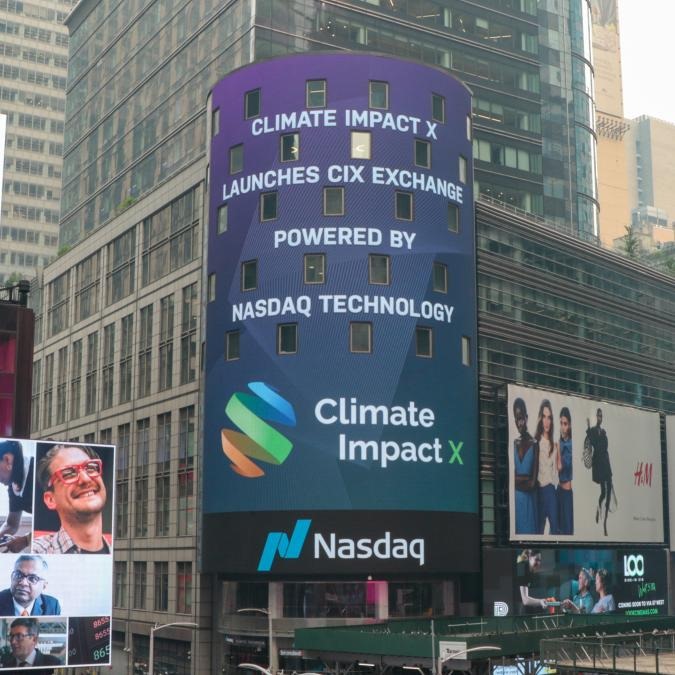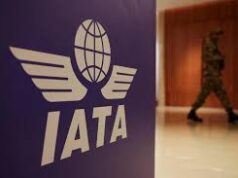A new white paper published by Nasdaq today explores the challenges and opportunities for developing carbon markets in the Middle East and North Africa (MENA) region.
The report, titled “The Carbon Market Opportunity in Middle East & North Africa,” notes that the MENA region is particularly vulnerable to the impacts of climate change, making it an ideal place to grow and mature carbon markets.
The report also highlights the region’s strong capital markets, which have evolved greatly over the past 20 years and are now well-positioned to support decarbonization efforts.
“The development and growth of sophisticated capital markets in MENA over the past 20 years means that the region is well-placed to support decarbonization through channeling capital to carbon projects/initiatives,” the report states.
“Establishing voluntary carbon markets (VCMs) could further help incentivize businesses to think long term and embrace the transition to a net-zero economy.”
The report identifies several challenges that need to be overcome in order to develop carbon markets in MENA, including:
Inconsistency in how credits are defined, measured and supplied
A lack of cohesive trading and post-trade infrastructure
Regulatory uncertainty
The report also outlines a number of steps that need to be taken to address these challenges, including:
Building awareness and understanding of carbon markets
Standardizing carbon credit definitions and measurement methods
Developing a strong trading and post-trade infrastructure
Creating a clear regulatory framework
“Entities across the MENA capital markets spectrum must tackle the lack of awareness, standardization, transparency and regulatory alignment before they can open the door to capital flows and meaningful climate change mitigation,” the report states.
“Building a strong infrastructure for developing, verifying, trading, registering and retiring these assets will be essential to those efforts and the realization of benefits by countries, participants and populaces.”
The report concludes by highlighting the potential benefits of developing carbon markets in MENA, including:
Increased investment in low-carbon projects
Job creation
Improved air quality
Reduced greenhouse gas emissions
“The development of carbon markets in MENA has the potential to deliver significant benefits to the region,” the report states. “By overcoming the challenges and taking the necessary steps, MENA can become a leader in the global fight against climate change.”









